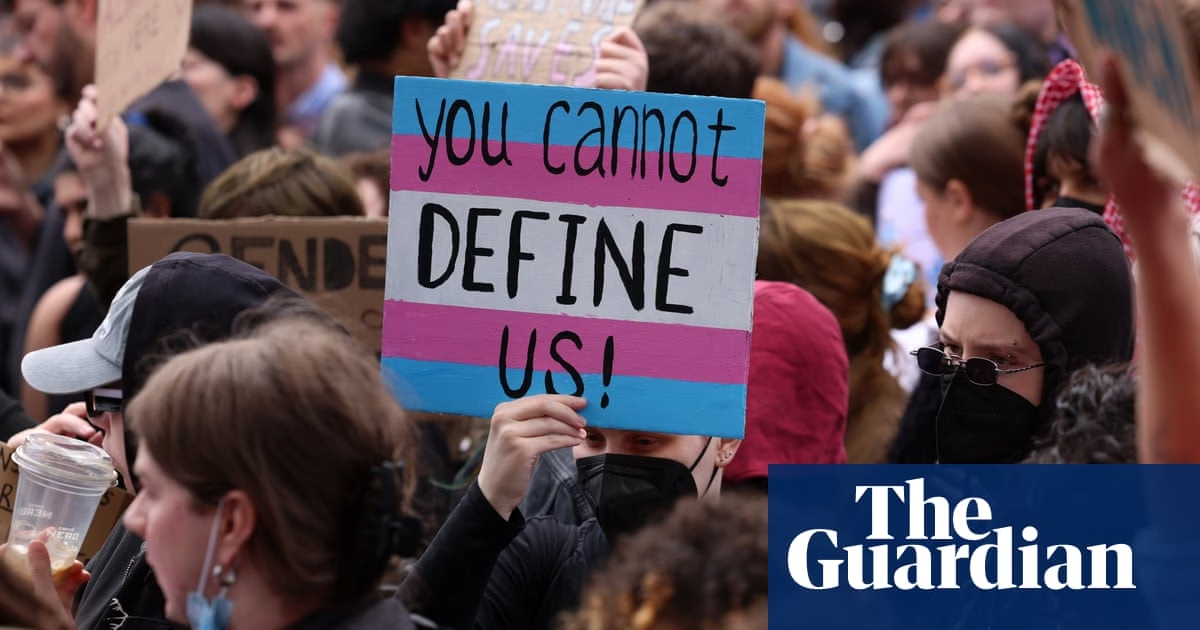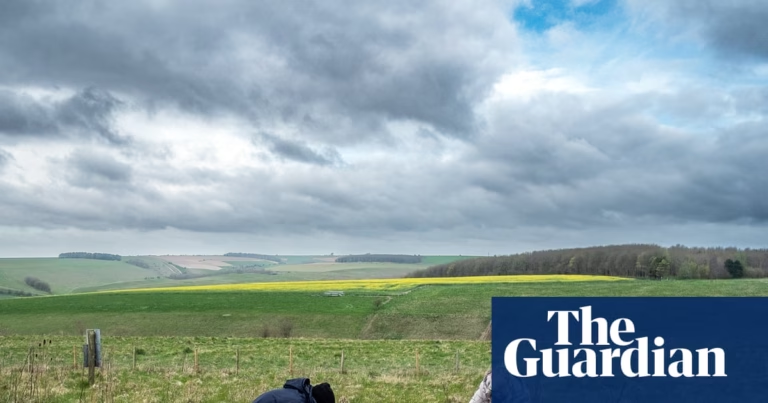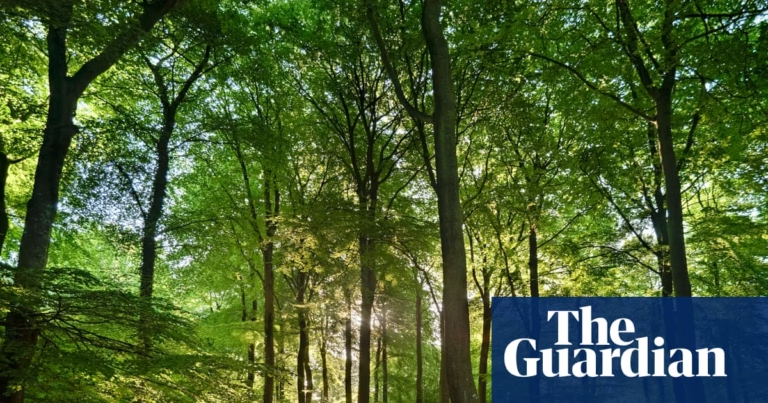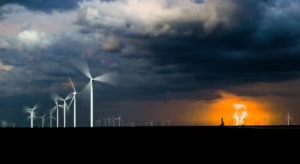Initially appearing unremarkable, the UK supreme court’s recent ruling on a women’s group’s challenge against the Scottish government’s Gender Representation on Public Boards (Scotland) Act 2018, has sparked significant national interest.
The court’s decision, stating that the term “woman” within equality law refers exclusively to biological sex, overturns longstanding legal interpretations. This verdict has ignited varied reactions across the community, including celebrations, protests, and emotional responses.
For figures like Isobel Montgomery, the Guardian Weekly’s deputy editor and a Rise trustee—an organization offering services to women based on biological sex—this ruling offers reassurance. It’s crucial for women who have faced male violence, ensuring they have secure spaces with fellow cisgender women.
On the other side, individuals such as Scottish Greens activist and trans rights campaigner Ellie Gomersall find the judgment disheartening. She expresses concerns over how this could affect trans people’s ability to live their lives without constantly facing exclusion.
The Guardian’s Scotland correspondent, Libby Brooks, explains the ruling’s implications alongside Helen Pidd, noting experts’ interpretations that organizations can now exclude trans women from women-only spaces, though it is not mandatory. With recommendations from the Equalities and Human Rights Commission pushing for the use of toilets and changing rooms based on biological sex, the ruling marks a significant shift in public policy and social dynamics.







